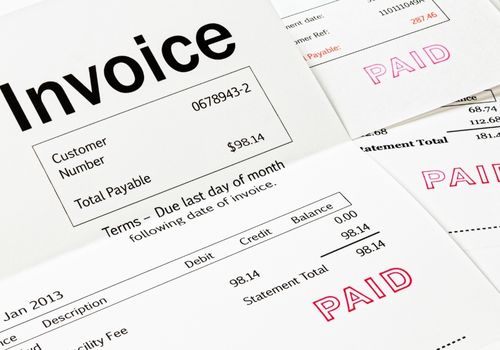Table of Contents
What is it?
Invoice finance (sometimes called factoring or invoice discounting) helps you unlock cash tied up in unpaid invoices. Instead of waiting 30, 60, or 90 days for clients to pay, a lender gives you most of the invoice value upfront. When your client pays, you get the rest – minus a small fee.

- With factoring, the lender handles the credit control – they chase the payments.
- With invoice discounting, you stay in charge of collections, and your customers may not even know you’re using finance.
Great for smoothing out cash flow without taking on new debt.
Pros and Cons
| Pros | Cons |
|---|---|
| ✅ Speeds up cash flow – no more waiting for clients to pay | ⚠️ Fees can stack up if you rely on it too often |
| ✅ Can grow with your sales – more invoices = more cash | ⚠️ Lenders usually want a solid trading history |
| ✅ Helps avoid the need for loans or overdrafts | ⚠️ Factoring means someone else is chasing your customers |
| ✅ Costs are usually tax-deductible as a business expense | ⚠️ Some providers tie you into contracts or minimum volumes |
| ✅ Improves working capital and supplier relationships | ⚠️ Doesn’t work well for businesses with few invoices or B2C sales |
When is it a good fit?
Invoice finance is a solid option when:
- You’re a B2B business with decent monthly invoicing
- Your clients take ages to pay and it’s choking your cash flow
- You’re growing fast and need working capital to keep up
- You’d rather not take out a loan

Extra tips and things to consider
- With factoring, your customers will know you’re using invoice finance – this puts some people off. If that’s you, go with invoice discounting.
- Some lenders offer selective invoice finance, so you can pick which invoices to fund.
- The fees and interest are usually tax-deductible – but have a word with your accountant to double-check how it applies to you.
Still unsure?
We’ll help you figure out whether invoice finance could work for your business – and whether factoring or discounting suits you better.
Try our [Finance Finder Tool] or get in touch for a no-pressure chat.